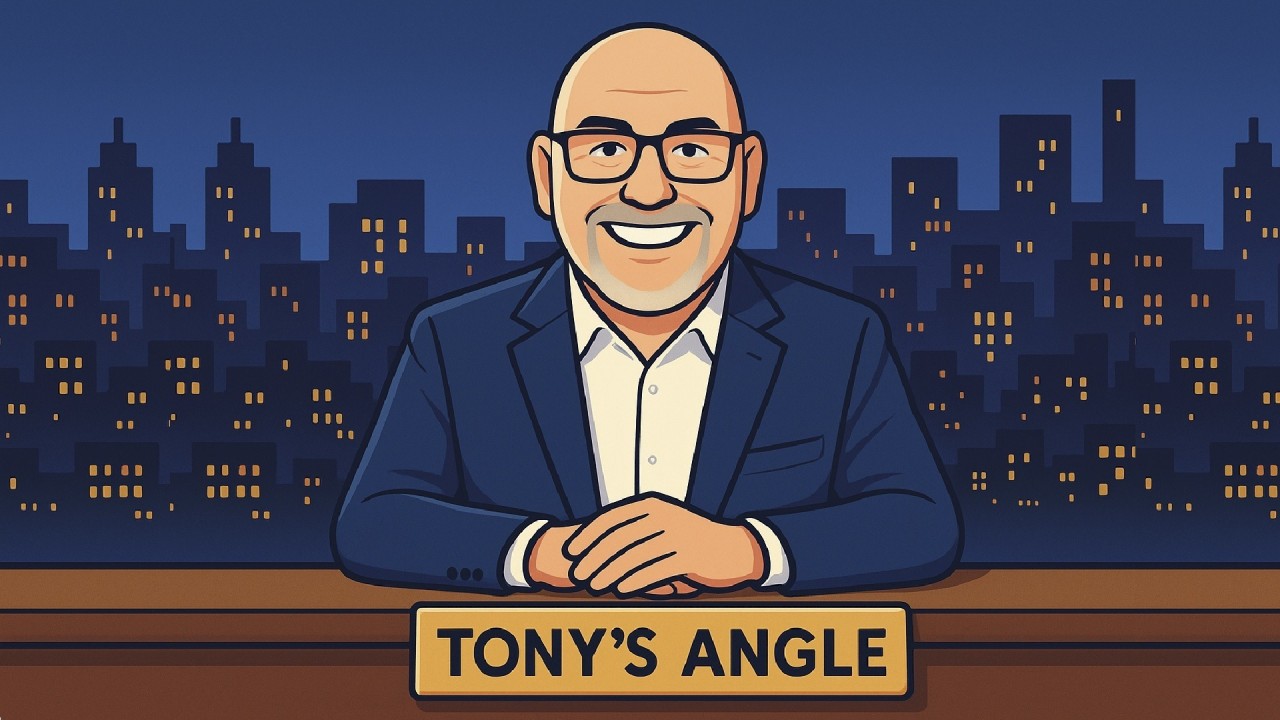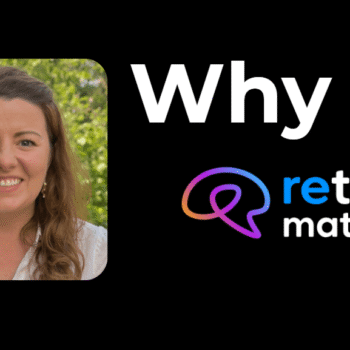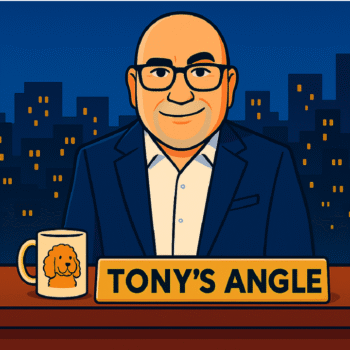Let’s talk about something we all quietly know… but don’t talk about enough.
In my opinion, we’re still treating early maths like the warm-up act at a primary school talent show. Meanwhile, phonics for reading is headlining Glastonbury. Spelling walls. Flashcards. Badges. Parent updates. Full-blown rituals.
Picture the Scene
A child walks into Year 1. Let’s call them Terry. Terry has a spark. He’s curious. He’s got a lunchbox covered in dinosaurs and half a banana mashed into his jumper. He’s ready to take on the world!
What doesn’t Terry have? A solid grasp of number. Terry is one of those children that doesn’t know what the number 5 actually means.
Fast forward, and Terry is now one of the 30% who don’t hit age-related expectations at Key Stage 2. Give it a few more years and boom, Terry’s now more likely to be one of the third who don’t hit a Grade 4 in GCSE maths,
I mean, if this were a TV show, it’d be cancelled after Episode 2. Predictable plot. No twist. Weak ending. Someone told me recently that we might as well install revolving doors at the bottom of the attainment ladder – it’s that predictable.
The Big Question
In my opinion, we are just not doing enough to get early number right.
We know that strong number sense in the early years sets children up for success. It’s not a niche theory. It’s not new. It’s maths’ worst-kept secret.
So what are we doing about it? I mean really doing?
Yes, there are great efforts – brilliant people, good intentions, and a handful of promising projects. But systemically what are we doing?
I was in a school recently and had the chance to watch a phonics lesson. What stood out, as it always does, was the structure. There was consistency. Teachers knew exactly where every child was and what they needed to work on. Some children even wore badges to remind their parents which sounds to practise at home.
Do we really have that same national push – that same ambition – to build confidence with number the way we do for reading?
Maybe I’m missing it. But if it’s out there, it’s hiding better than a capybara in an office.
Getting Systematic
I know many schools now follow a daily number programme. The NCETM, for example, say around 9,000 schools use Mastering Number. But are these programmes being delivered in the same way as phonics? Do they feel as systematic? Do teachers know what each child needs to work on and where the gaps are?
Mastering Number has been running for a few years now. Are we seeing a national shift in the data? I think there are pockets of improvement – some really inspiring examples – but a clear, consistent national picture? I’m not as sure.
I know schools often struggle to find the time to fit something like this in – and that’s completely understandable. So what can be done to help? Let’s provide models of how it can fit alongside their daily maths lessons. Let’s make sure we provide training and support that when a programme is introduced, it has real impact, an impact that every teacher in the school feels.
The EEF are currently recruiting schools to be part of a trial of such a programme, and I’m sure we’ll learn a lot from that. However this should just be the start.
A Call for Boldness
The Labour Party say they want to get early years “right”. Well, here’s an idea: start with maths. Start with number sense.
Give us something bold. Something joined-up. Something that lasts longer than the average education minister’s tenure.
Just like with phonics for reading, let’s fund structured, impactful programmes in every school.
Supporting Parents
And while we’re at it, let’s provide programmes that support parents, too. They’re an untapped resource in maths. Most want to help, they just often don’t know how. Some are still haunted by their own schooling. They have their own anxiety that needs to be overcome, but we can help them. We need to meet them where they are, with practical tools and support that actually helps.
The Bottom Line
At the heart of this is one simple truth
More children could feel successful in maths and more of them could be successful.
It starts early. It starts small. But it matters. It matters a lot!
Someone once told me that confidence in maths is like the Wi-Fi in a school: invisible, shaky… but absolutely essential if anything’s going to work.
So let’s stop hoping early number just “clicks”. Let’s make it click. With the same ambition we give to phonics – with structure, consistency, joy and investment!
And if we’re not investing in those first experiences with number… then what exactly are we doing?
And that’s what Tony reckons.
Until next time.


